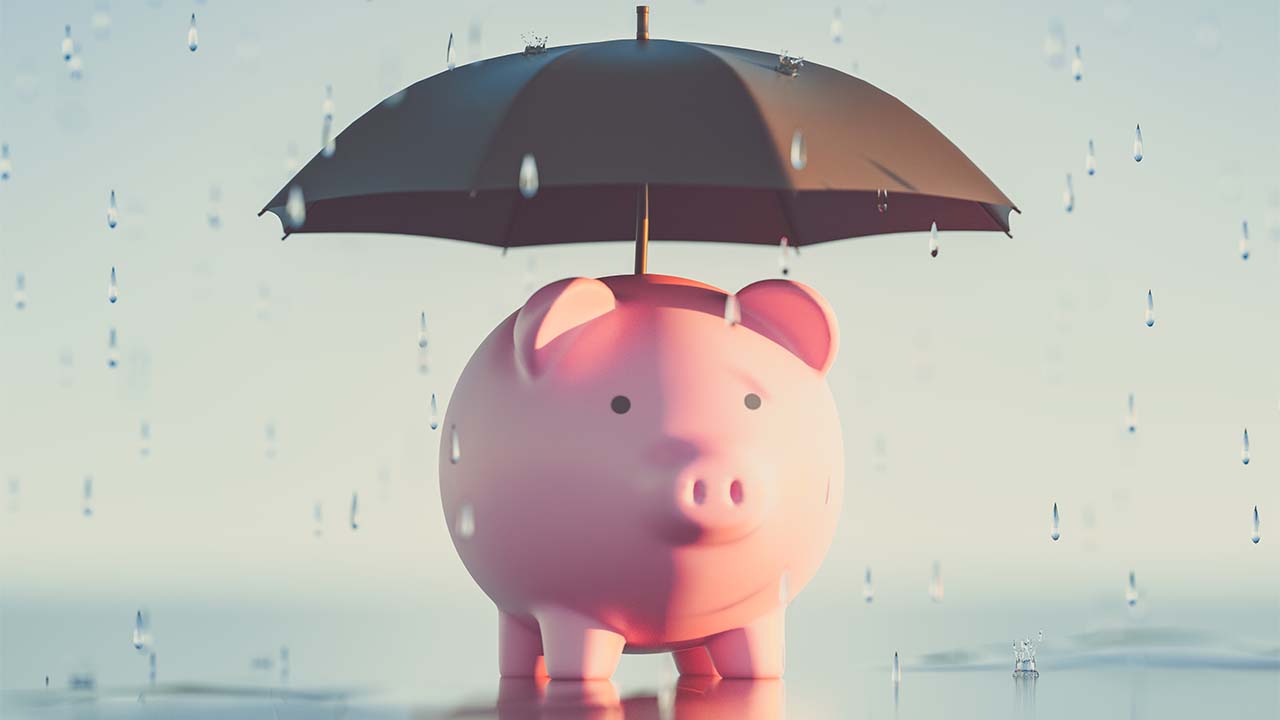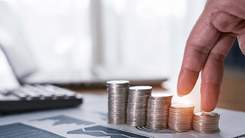In life, unforeseen economic events can always arise that force us to spend more than expected. Therefore, it is important to have an emergency fund that allows us to face these situations without having to resort to loans or get into debt more than necessary.
This fund can be used to cover expenses such as home repairs, medical expenses, unemployment, etc. The amount of money you should have in your emergency fund depends on your monthly income and expenses, as well as the level of security you wish to have.
It is important to keep in mind that the emergency fund should not be used to finance regular expenses or impulse purchases, since its main purpose is to guarantee your financial stability in case of unforeseen events.
Why is it important to have an emergency fund?
Having an emergency fund gives us peace of mind and financial security, since we know that we have a backup in case we need it. This allows us to be more focused on our long-term financial goals, without having to worry about unforeseen events that may arise along the way.
It is important to allocate a portion of our income to this fund and keep it updated to be prepared for any eventuality.
How to calculate the amount needed for an emergency fund?
To calculate the amount needed for an emergency fund, it is important to take into account several factors:
- Monthly expenses: you should calculate how much you spend per month on your basic needs such as housing, food, transportation and utilities;
- Unforeseen expenses: you should also take into account unforeseen expenses that may arise, such as home or car repairs;
- Income: it is important to know how much money you earn each month to determine how much you can save each month for your emergency fund;
- Employment status: If you have a stable, secure job, you may need less money in your emergency fund than if you have a temporary or unstable job.
Once you take these factors into account, you can calculate the amount needed for your emergency fund.
Define a goal for your emergency fund
The first thing you should do to create an emergency fund is to define a goal. This goal should be realistic and achievable, but also high enough to cover any emergencies that may arise.
Once you have defined your goal, it is important to establish a plan to reach it. You can save a fixed amount each month or allocate a percentage of your income to your emergency fund. The important thing is to be consistent and disciplined in your savings.
Choose a suitable bank account
To save your emergency fund, it is important to choose a bank account that allows you to access your money at any time, without penalties or fees for early withdrawals.
Look for a savings or checking account that offers a reasonable interest rate and does not charge excessive maintenance or transfer fees.
Establish a savings plan
The first thing you should do is analyze your monthly income and expenses to identify how much money you can set aside for savings. If you don't have enough money available, you should look for ways to reduce your expenses or increase your income.
It is also important to set short- and long-term goals to maintain motivation and commitment to your savings plan. For example, you can set a monthly goal and an annual goal for the amount you want to save.
Automatic Savings
One of the best ways to build an emergency fund is to set up automatic savings. This means that a specific amount of money will be automatically deducted from your bank account each month and transferred to your emergency savings account.
This is beneficial because you won't have to worry about remembering to make monthly deposits into your emergency savings account.
Gradually increasing your savings
Once you have established an initial amount for your emergency fund, it is important to continue saving steadily and gradually.
Remember that the important thing is to be consistent and disciplined in your saving habits. The gradual increase will allow you to reach your goal without affecting your monthly budget too much.
Do not use your fund unless it is for an emergency.
It is important to keep in mind that the emergency fund should be used only in case of unforeseen and urgent situations, such as a serious illness, a major home repair or job loss. It should not be used for unnecessary expenses or to finance vacations or impulse purchases.
It is always advisable to have a monthly budget and try to save for planned expenses in advance. In this way, it will not be necessary to resort to the emergency fund to cover these expenses.












